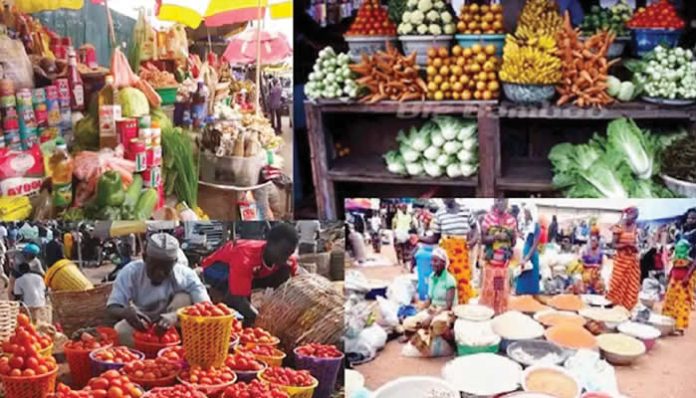The Federal Government’s recent decision to permit extensive food importation could have dire consequences for Nigeria’s agriculture sector, warned Dr. Akinwumi Adesina, President of the African Development Bank Group.
Speaking at a retreat organized by the African Primates of the Anglican Church in Abuja, Dr. Adesina emphasized the need for Nigeria to produce more food domestically and create jobs through agriculture.
On July 10, 2024, the Minister of Agriculture and Food Security, Abubakar Kyari, announced the suspension of duties, tariffs, and taxes on the importation of maize, husked brown rice, wheat, and cowpeas for 150 days. This measure aims to combat food inflation by making these commodities more affordable and accessible. The Federal Government also plans to import 250,000 metric tons of wheat and maize, targeting supplies to small-scale processors and millers across the country.
Dr. Adesina criticized this policy, highlighting that it could undermine the efforts and investments in Nigeria’s agricultural sector. He argued that relying on food imports to stabilize prices is a short-term solution that could have long-term negative effects on food security and the economy. Adesina stressed the importance of producing food domestically to create jobs, reduce foreign exchange spending, and stabilize the naira.
The announcement sparked a range of reactions online, with many Nigerians sharing their concerns and perspectives on social media.
Babatunde Omowunmi commented, “Mr. AfDB President, how do we get enough food to eat when our local farmers cannot produce enough? Come up with measures that can save us from hunger.”
Gbenga Adejumo added, “When bandits, herdsmen, and terrorists no longer destroy crops or stop farmers from farming, importation will be halted. The cost of transportation is another factor contributing to the high food prices.”
Andrew Prince Solomon pointed out, “Our production is not enough, yet we export the little we produce because it pays more. The small-scale farmers who could sustain internal food supply are hindered by insecurity. The government should first deal with insecurity; everything else will follow.”
Gbola Kehinde echoed Adesina’s sentiments, stating, “That is the plain truth. We have arable land that can yield good crops. The government should provide farmers with modern equipment and ensure adequate security.”
Muhammad Zakari suggested, “If the government wants to protect the agriculture sector, they should introduce modern methods to reduce inflation.”
Miniru Abiodun Mathew questioned, “How many of our political leaders invest in farming? How many prefer and patronize local products over foreign ones?”
Salami Kazeem Ademola argued, “Farmers are afraid of herdsmen, cows are destroying farms, and some people are hoarding food. Food importation is a solution to reduce hardship.”




